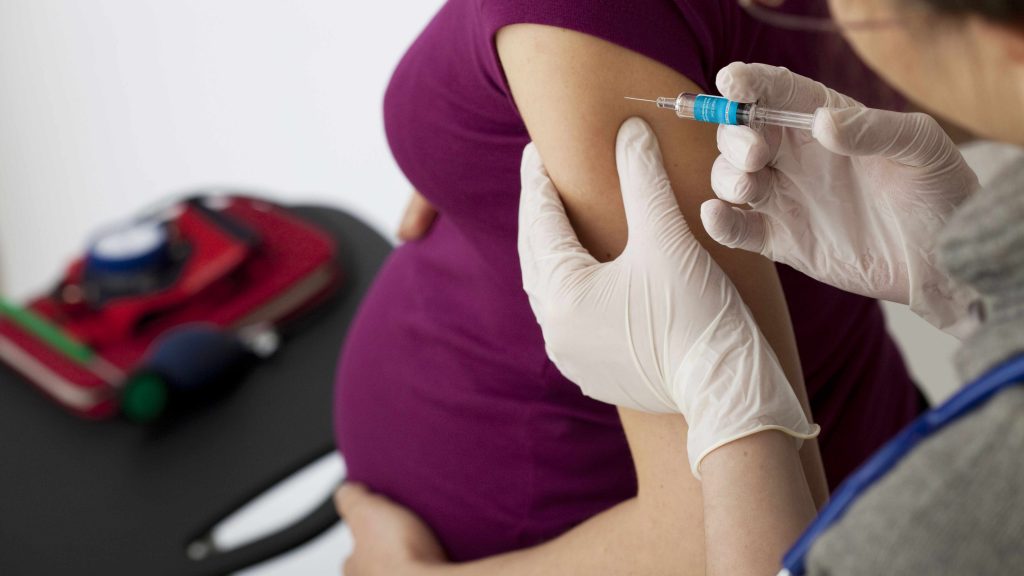-
Featured News
Infectious Diseases: Why moms-to-be need vaccines during pregnancy

Vaccines are a part of many well-child visits. But they also should be part of the care moms-to-be receive to protect their unborn children.
"When we take care of pregnant patients, we're really taking care of two patients: mom and baby. We know that pregnant women are more susceptible to, and can get more ill from, certain illnesses, so it's important for moms-to-be to understand why certain immunizations are so important," says Dr. Tina Ardon, a Mayo Clinic family medicine physician.
Watch: Dr. Tina Ardon talks about vaccines.
Journalists: Broadcast-quality sound bites with Dr. Tina Ardon are in the downloads. Please "Courtesy: Mayo Clinic News Network."
A recent report by the Centers for Disease Control and Prevention indicated that many pregnant women are not receiving vaccines for the flu and whooping cough. The lack of protection can have significant consequences for moms-to-be and their unborn children, says Dr. Ardon.
"Pregnant patients are at greater risk for hospitalization from influenza infections and have a higher rate of complications," she says.
The flu vaccine is recommended during any trimester for a woman who is pregnant during flu season.
Whooping cough is a highly contagious – and preventable – respiratory illness, a hallmark of which is a severe cough that leaves a person gasping for air. Also known as pertussis, after the bacteria that cause the infection, the cough can last several weeks to months.
"Infants and younger children are at the highest risk for complications associated with pertussis, including apnea, pneumonia and, at worse, death," says Dr. Ardon.
She adds that nearly half of all babies under 1 in the U.S. who have pertussis end up being treated in the hospital. Complications are most serious for babies under 6 months.
"Vaccinating our moms-to-be gives the mom a chance to pass on antibodies to her baby to protect against pertussis even before birth."
Typically, infants and children get five doses of the vaccine between the ages of 2 months and 6 years, a booster around 11 or 12 years, and then one more booster as an adult. Pregnant women should get a booster during every pregnancy in the earliest part of the third trimester.
Dr. Ardon recommends that expectant moms talk to their health care provider if they have questions. "It is important for all adults, as well as older children, including adolescents, to be vaccinated, so we can help protect though smallest patients," says Dr. Ardon.







